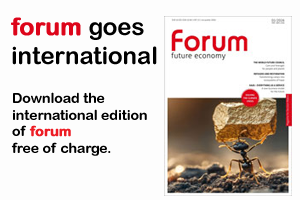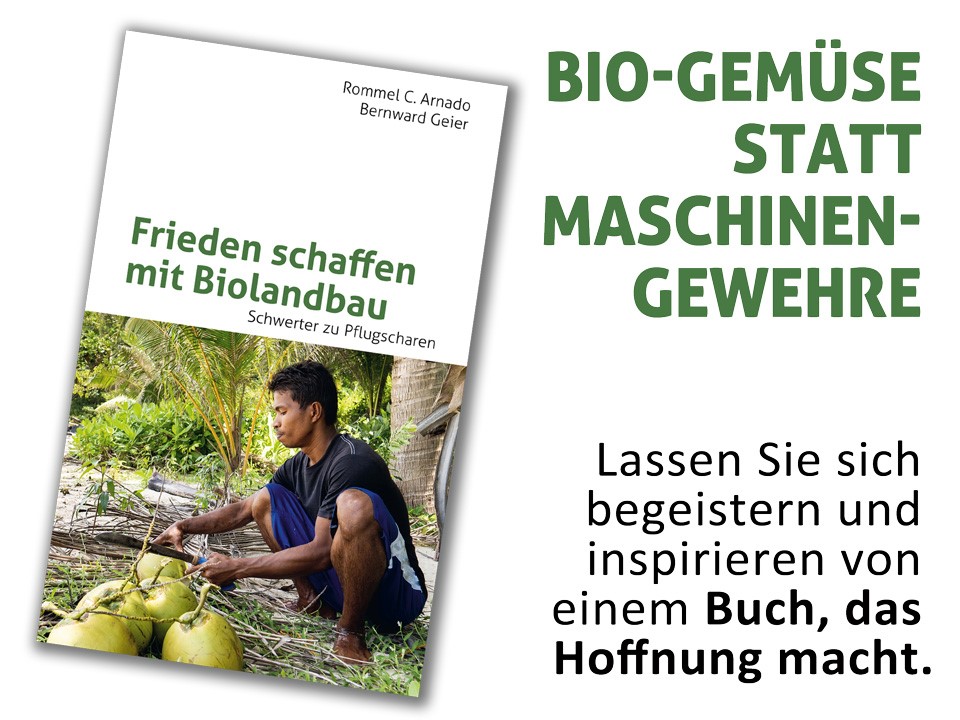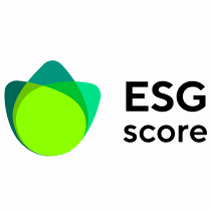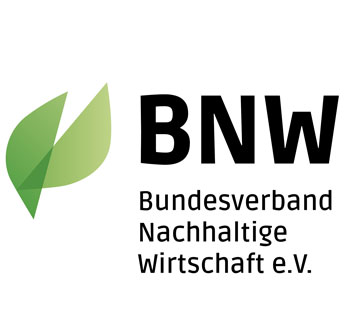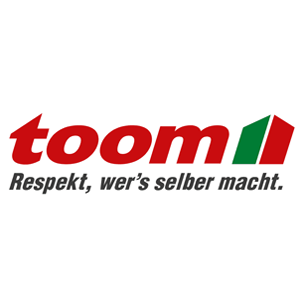Wirtschaft | Lieferkette & Produktion, 07.08.2018
Sugar for Good Campaign
Interview with Luis Miguel Paiz, Gerente General ASAZGUA
1. What is the objective of the Sugar for Good campaign launched by the Guatemalan sugar industry?
Sugar for Good is more than a campaign, it’s a platform to present what’s behind sugar production in Guatemala, which is more than the mere making of sugar and has taken years of development, effort and transformation.
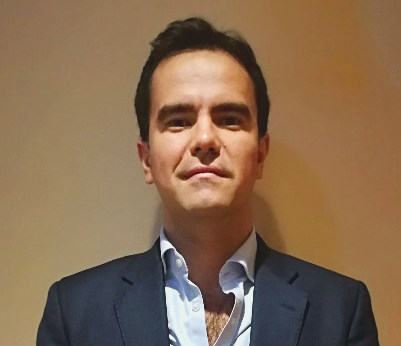 Guatemala Sugar for Good aims to connect the operational benefits of sugar production with the positive impact it brings about in a variety of areas pertinent to environmental and social responsibility. Sugar for Good seeks to highlight the industry’s role in job creation, the conservation of natural resources, the generation of clean energy and community building, along with many other benefits for the country and everyone who is somehow involved with Guatemalan Sugar.
Guatemala Sugar for Good aims to connect the operational benefits of sugar production with the positive impact it brings about in a variety of areas pertinent to environmental and social responsibility. Sugar for Good seeks to highlight the industry’s role in job creation, the conservation of natural resources, the generation of clean energy and community building, along with many other benefits for the country and everyone who is somehow involved with Guatemalan Sugar. Sugar for Good covers decades of work and development of the Guatemala Sugar Industry in the social, environmental and economic spheres. This platform allows the public to learn more about the best practices and corporate social responsibility initiatives from the sector.
The Sugar Industry of Guatemala is formed by 11 sugar mills, grouped in the Sugar Association of Guatemala, through which guild policies oriented towards sustainability, are followed.
In this regard, the Guatemala Sugar Industry has embraced its 2025 commitments in the mentioned areas, all of which are aligned to the UN’s Sustainable Development Goals.
Our 2025 commitments are:
- Generate renewable energy to reduce the environmental impact of our business.
- Contribute to the conservation and restoration of natural resources
- Improve waste management practices
- Continuous improvement of labor conditions
- Community building through women empowerment
- Contribute to the improvement of Public Health
- Diversify exportable offer
- Increase productivity and innovation
- Generation of high-quality technical jobs
You can find out more about Sugar for Good at www.sugarforgood.com
2. What specific metrics will be implemented to track progress against commitments and ensure completion by 2025?
Our commitments are divided into the three pillars of environmental, social and economic sustainability. Every commitment has specific goals set, progress will be measured yearly according to the metrics established for each of them. You will be able to track our advancement at our webpage: www.sugarforgood.com
While Guatemala’s sugar industry is already an economic driver, a catalyst for sustainable cultivation and processing practices, and an advocate for social development, the sugar mills recognize there is much more to be done.
3. What will be the total investment in the Sugar for Good campaign?
Sugar for Good is a platform and not a one-time-only investment. It gathers years of previous work and development, but also sums up the vision of the Guatemala Sugar Industry, proven by having identified the opportunity areas and by establishing its 2025 commitments.
Through this platform, we will provide information regarding our improvements, the progress made in achieving our 2025 Commitments, and everything there is to know about our technologic innovation, social, and environmental programs. The platform will be available to everyone and is to be constantly updated.
4. What are the next steps for the Sugar for Good campaign?
We look forward to continuing the diffusion of our 2025 Commitments and the communication of our advances. The Guatemala Sugar Industry is the second main exporter of sugar in Latin America and the fourth worldwide. We generate 5% of formal jobs in the country, and 500,000 people benefit from our programs. That is why, we are confident the commitments will have a real positive impact on our communities and the environment.
5. How often will the Guatemalan sugar industry provide a status on the progress made against the campaign’s KPIs?
Progress made will be monitored once a year to ensure all sugar mills are on the right track to achieve metrics within the established period and determine if changes need to be made. All relevant information will be published on the Sugar for Good website. Additionally, whenever a specific milestone or benchmark has been met, it will be made public shortly after, so the public can stay engaged and be a part of this journey.
6. What does the Sugar Industry represent for Guatemala?
The progress the Guatemala Sugar Industry has made from its inception, has turned the country into an economic driver, a catalyst for sustainable cultivation and processing practices and an advocate for social development.
Guatemalan sugarcane and it´s byproducts represent 9 per cent of the country exports, turning it into the main agricultural and the second most important export product country-level, according to the Bank of Guatemala (central bank). In 2017, sugarcane and it´s byproducts represented US$ 965.5 million in exports for the country.
The Guatemala Sugar Industry creates 82,000 direct jobs and 410,000 indirect jobs, being one of the main sources of employment in the south of Guatemala, where sugarcane is planted.
70% of the sugar produced is exported, and 30% is for the local market.
The Guatemala Sugar Industry also generates renewable energy from sugarcane bagasse (biomass); a residue of sugar production. Every year, the Guatemala sugar industry supplies up to 32% of energy demanded in the country.
Reusing sugarcane waste, and the implementation of sustainable and efficient practices are part of the industry’s research and development efforts.
The Guatemala sugar industry is committed to fight hunger and promoting healthy lifestyles by promoting food security and improved nutrition for all.
As pioneers in the fortification of sugar with Vitamin A, Guatemala has become a role model in addressing nutritional needs of developing communities. The fortification of sugar with Vitamin A (and iron in some cases) is one of the primary ways in which this goal is fulfilled. Since the fortification of sugar began in 1986, the rates of childhood blindness have declined, and now it is no longer considered a public health issue in Guatemala.
The Institute of Nutrition of Central America and Panama approves and validates the fortification of sugar, and it is reported as a "success story.”
Fundazúcar and its integrated programs foster a relationship and create a direct link between the sugar businesses and the local communities where sugarcane is grown.
Programs are primarily designed for the people and communities indirectly involved in the sugar industry, such as women, children, local community leaders and educators, and its efforts have been crucial to the transformation of rural life in Guatemala as it relates to improved education, municipal development and health. However, with a significant number of workers from the north of the country, the programs were also implemented in the zones of origin of the collaborators.
All this information and updates can be found at www.sugarforgood.com
The Guatemala Sugar Industry’s impact in the environment is inferior to that shown by other countries’ sugar industries (such as the EU, the US and Thailand), as shown in the table below elaborated by the Private Institute for Climate Change (ICC).
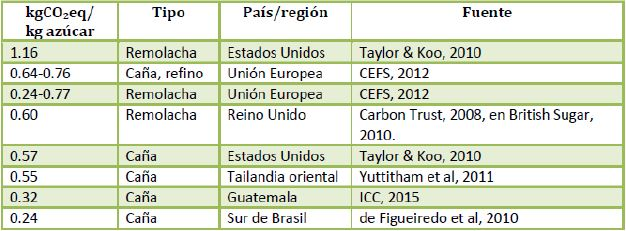
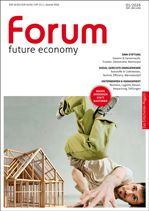
forum Nachhaltig Wirtschaften heißt jetzt forum future economy
forum 01/2026
- Zukunft bauen
- Frieden kultivieren
- Moor rockt!
Kaufen...
Abonnieren...
30
JAN
2026
JAN
2026
Perspektive Wohnungsbau in Augsburg und Bayern
Impulse, Herausforderungen und Lösungswege
86159 Augsburg
Impulse, Herausforderungen und Lösungswege
86159 Augsburg
04
FEB
2026
FEB
2026
Solarenergie, Großspeicher und Netzausbau – aber keine Gaskraftwerke!
Im Rahmen unserer Serie "Klima-Strategien"
80336 München und online
Im Rahmen unserer Serie "Klima-Strategien"
80336 München und online
10
FEB
2026
FEB
2026
11
FEB
2026
FEB
2026
BootCamp Impact Business Design
Professional Training zum Update Ihrer Transformationsskills
81371 München
Professional Training zum Update Ihrer Transformationsskills
81371 München
Anzeige

Professionelle Klimabilanz, einfach selbst gemacht

Einfache Klimabilanzierung und glaubhafte Nachhaltigkeitskommunikation gemäß GHG-Protocol
Politik
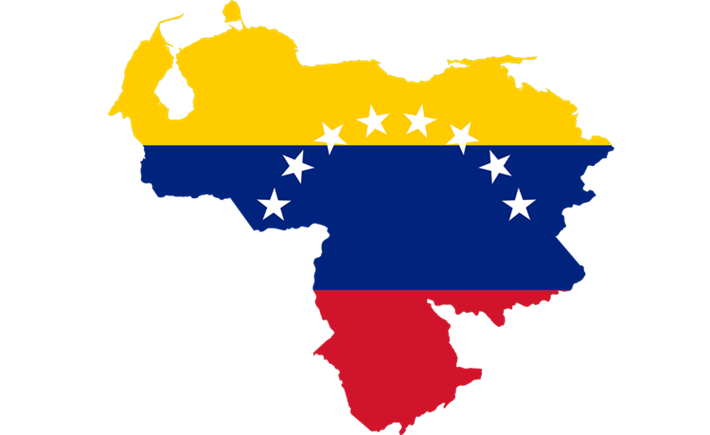 Das Recht des Stärkeren
Das Recht des StärkerenChristoph Quarchs philosophische Analyse zum US-Angriff auf Venezuela
Jetzt auf forum:
Rat für Nachhaltige Entwicklung neu berufen
Sperrmüll vs. Entrümpelungsfirma: Wann lohnt sich professionelle Hilfe?
Das große Aufwachen nach Davos
BAUExpo 2026 vom 20. bis 22. Februar in Gießen
Lichtblicke für die Landwirtschaft: Nachhaltige LED-Technologien im Einsatz


